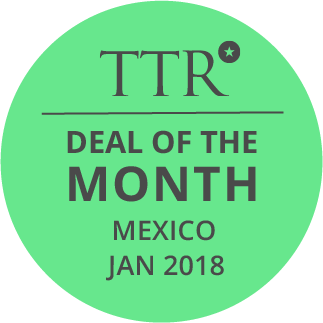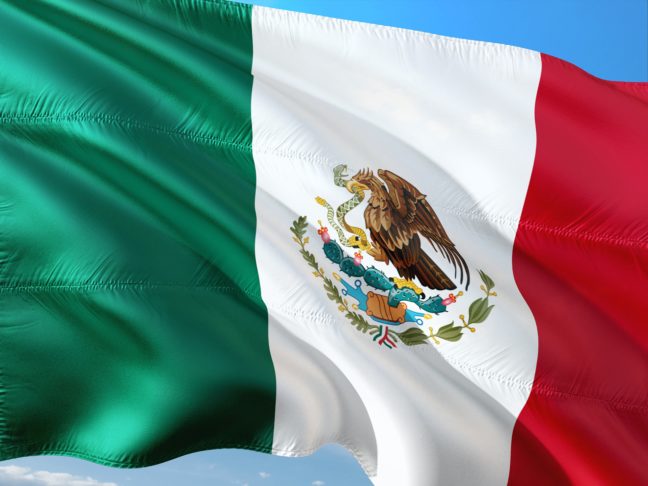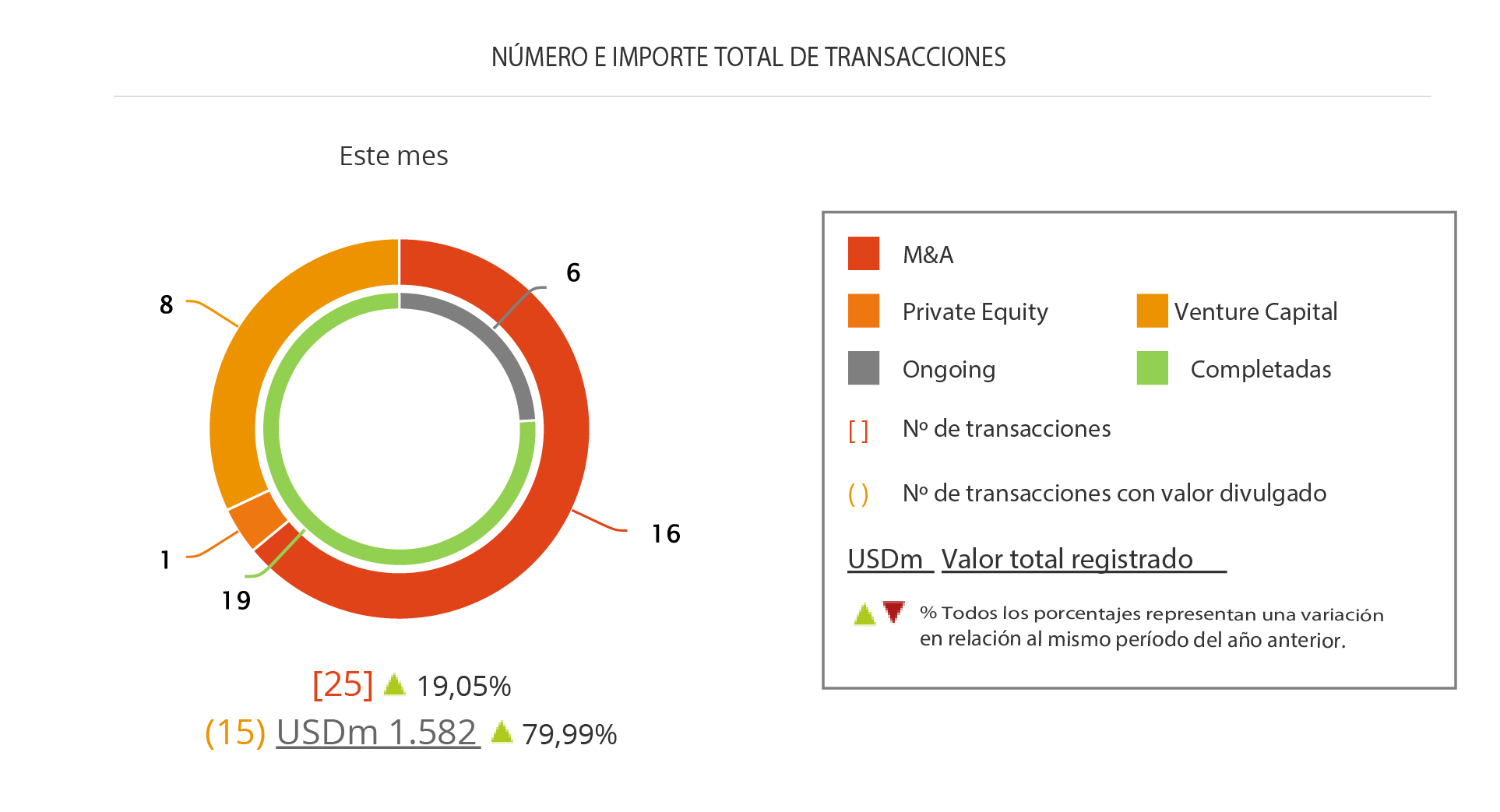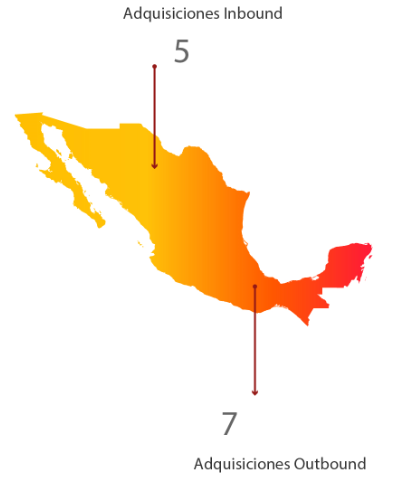Q: How did Jones Day land the mandate?
A: NII Holdings, the parent of Nextel Mexico, has been a longstanding client of the firm in the US. We have advised the company in various countries in Latin America and due to our deep experience in handling this type of cross-border transaction and the strength of our US-Mexico footprint, there was no beauty contest. We had helped them a few years ago with the sale and lease back of towers, so we were known by the Mexican subsidiary, and that made things easier.
Q: At what stage in the negotiations was Jones Day’s Mexico City office retained?
A: We were retained right after the bidding process was concluded, in November, 2014. To clarify, it was the firm that was retained, with lawyers in the US involved as well, not just our Mexico City office.
Q: What changes in the market paved the way for this transaction?
A: This deal happened because of the telecom reform – because the sector became clearly opened, so the dominant player is now induced not to be dominant, and in that sense, it has to divest certain assets and or share certain infrastructure, as we all know. I think we have to look at this from a federal administration standpoint. It took only one-and-a-half to two years to pass since the PRI took office and began waving the flag of telecom reform. Of course these reforms are hard to pass; they impact very important sectors and very important entities. América Móvil and or Telmex, was the most affected. Two years was not a long time to get it through the two chambers in Mexico.
Q: What were the most challenging aspects of the transaction from the Mexico perspective and for the lawyers from Jones Day in Mexico City?
A: They were two large entities. AT&T didn’t have a large presence before, but Nextel was obviously a large, complex entity. In general the regulatory aspects of Nextel were a challenge; this company had so many concessions that had to be looked at closely to see if authorization was required or a simple notice was required to the Instituto Federal de Telecomunicaciones (IFT). The sheer number of retail outlets was also a challenge. These were small stores that each had their own lease agreements. They topped 700, easily, and each had its difficulties being transferred. We had to identify which ones were important, and a lot of information had to go through the purchaser. The regulatory issues and volume of information presented a challenge.
Q: Were there any competition concerns surrounding the deal?
A: Our firm didn’t handle the antitrust process, but the hurdles with Iusacell when that deal took place were less than when the Nextel transaction happened. The conditions were very light, however; It’s hard to argue against a transaction where your competitor has 70% of the market. That was still the case when the Nextel sale unfolded.
“It’s hard to argue against a transaction where your competitor has 70% of the market.”
Q: What are some of the challenges in representing a sell-side client like NII in this deal?
A: The way that agreements are drafted on the sell side, the seller is responsible for any or most information that’s provided to the purchaser. It’s a challenge with companies and transactions of this size, to be exhaustive in providing information to the purchaser.
Q: How does this transaction reshape the playing field?
A: It definitely reshapes the market. For many, many years there was one huge player: América Móvil, Telmex and then Telefónica, Iusacell and Nextel; more than 70% of the market was dominated by Telmex. Iusacell and Nextel together will be a 15% player with deep pockets, and in this telecom market, a lot of money is required to invest, and that’s what you have with AT&T. You have a competitor with 15% of the market planning to invest its money in México.
Q: Where does this leave Telefónica/Movistar?
A: It leaves it in a better position. Now you have two big competitors against a huge giant; it’s a better position to have. Plus, the reform gives it access to infrastructure of the dominant player.
Q: How did this transaction demonstrate the capacities of Jones Day’s Mexico City office?
A: First because it was a big deal in the market given the value, in a sector where deals are big but deals are few, and second because our substantial capabilities in Mexico are part of an integrated law firm working collaboratively to advise clients on complex matters. In this case, the sale agreement is governed by New York law and our colleagues in the US were equally important to the deal’s success. With lawyers in Mexico City, New York, and several more Spanish-speaking lawyers in our Miami office on the team, we worked as a single firm. It’s a much more efficient and effective approach than information flowing between cooperating but distinct firms.
Q: Will your firm’s performance in this deal encourage other Mexican firms to merge with peers from the US?
A: I’m the biggest advocate of that concept. In the past year or two, many Mexican firms have merged. The rationale? From the US partner’s perspective, it’s a big market down there, what better way to serve our clients than to have a presence in Mexico?
Q: Have you found that Mexican corporates favor a local firm over a foreign firm that can provide the same service, or vice versa?
A: I don’t think Mexican corporates are enemies of their money – so they go for the best regardless of where the firm is from. Our approach to serving clients as one firm worldwide is a terrific fit for Mexican corporates.
Q: Is Mexico’s legal market ripe for consolidation?
A: We have a big economy by LatAm standards, and we’re the country with the smaller firms regionally. It will happen in Mexico and between Mexican firms and peers from abroad; internal consolidation doesn’t necessarily clash with cross-border deals. If you’re a smaller Mexican firm, you better do something; you cannot remain a five-lawyer firm.
Q: How does the firm split its work between buy-side and sell-side mandates?
A: I would say that we are 60-70% more on the buyer side, just because the US origin of the firm, and it’s more common for US entities to come and purchase businesses down here than for Mexican companies to go and buy.
Q: What’s your outlook for M&A activity in Mexico for the next 18 months?
A: It’s looking a lot better than 2008, about the time when we joined Jones Day, which opened in Mexico in 2009. Our side of the market, which is serving our global clients in Mexico, and mostly US clients because that’s where the firm comes from, is pretty simple: the US is doing better, interest rates are low, and lately, with the devaluation of the Mexican peso, we have richer clients to purchase those cheaper assets – it’s a good time and a good outlook as long as the US economy is doing well.
 Para enero de 2018, Transactional Track Record ha seleccionado como operación destacada la venta del 49% de la mexicana Casa Ley por parte de la estadounidense Safeway. La operación, que ha registrado un importe de 347,68m, ha estado asesorada por la parte legal por Jones Day México y por Creel, García-Cuéllar, Aiza y Enríquez.
Para enero de 2018, Transactional Track Record ha seleccionado como operación destacada la venta del 49% de la mexicana Casa Ley por parte de la estadounidense Safeway. La operación, que ha registrado un importe de 347,68m, ha estado asesorada por la parte legal por Jones Day México y por Creel, García-Cuéllar, Aiza y Enríquez.





